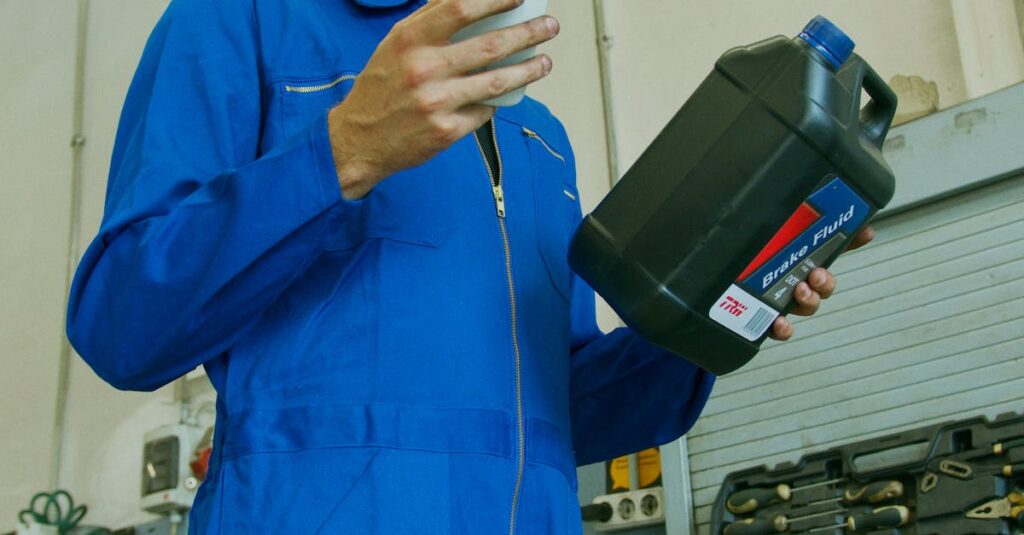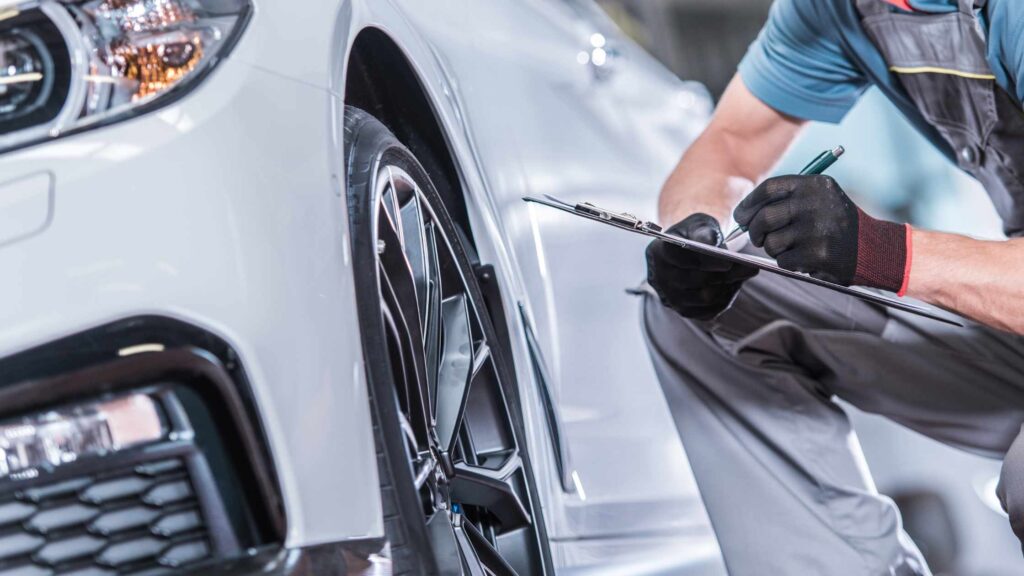The Role of Brake Fluid in Your Vehicle’s Safety
Brake fluid is a crucial component of your vehicle’s braking system. While often overlooked, it plays a significant role in ensuring your safety on the road. Proper maintenance of brake fluid is essential for the optimal performance of your brakes. In this article, we will discuss the importance of timely brake fluid flushes and how they can contribute to both safety and performance.
Understanding Brake Fluid
Before delving into the significance of brake fluid flushes, it is essential to understand what brake fluid is and how it functions. Brake fluid is a hydraulic fluid that transfers the force applied to the brake pedal to the brake components. It is a specialized fluid that operates under high temperatures and pressures.
Brake Fluid Contamination
Over time, brake fluid can become contaminated with moisture, dirt, and debris. This contamination can occur due to prolonged use and exposure to various environmental factors. As brake fluid deteriorates, it becomes less effective in maintaining the proper functionality of your brakes.
The Importance of Timely Brake Fluid Flushes
- Safety: Brake fluid is hygroscopic, meaning it readily absorbs moisture from the surrounding environment. This moisture gradually reduces the boiling point of the brake fluid, increasing the risk of brake fade. Brake fade occurs when the brakes overheat, leading to a loss of braking power. By regularly flushing and replacing the brake fluid, you eliminate moisture build-up, ensuring your brakes operate at their optimal temperature and efficiency.
- Performance: Brake fluid plays a crucial role in ensuring responsive and reliable braking. As moisture contamination increases in the brake fluid, it can lead to the formation of air bubbles, resulting in a spongy brake pedal feel. Additionally, contaminated brake fluid can cause corrosion within the braking system, leading to potential damage to various components. A timely brake fluid flush helps maintain proper hydraulic pressure, ensuring consistent brake performance and a firm pedal feel.
When to Flush Your Brake Fluid
It is vital to adhere to manufacturer-recommended guidelines when flushing your brake fluid. However, several signs indicate that a brake fluid flush may be necessary, including:
- Deteriorated Appearance: If the brake fluid appears dark or discolored, it is an indication that it is contaminated and needs to be flushed.
- Spongy Brake Pedal: If you notice a spongy or soft brake pedal, it could be a sign of moisture or air bubbles in the brake fluid.
- Strange Smell: A burnt or pungent odor emanating from your brakes could indicate overheated brake fluid that needs to be replaced.
- Brake System Repairs: If you have recently undergone any brake system repairs or component replacements, it is advisable to flush and replace the brake fluid to ensure optimal performance.
Professional Assistance for Brake Fluid Flushes
While some vehicle owners may attempt to perform brake fluid flushes themselves, it is generally recommended to seek professional assistance. Professional technicians possess the expertise and tools required to ensure a thorough and proper brake fluid flush.
Additionally, professional service centers have access to high-quality brake fluid that meets industry standards. Consult with a trusted mechanic or service center to schedule a brake fluid flush based on your vehicle’s specific needs and maintenance schedule.
Summary
Regular brake fluid flushes are a vital aspect of vehicle maintenance that should not be overlooked. By replacing contaminated brake fluid with fresh fluid, you enhance the safety and performance of your brakes. Timely brake fluid flushes eliminate moisture, air bubbles, and contaminants that can compromise the functionality of your braking system. Remember to consult your vehicle’s manufacturer guidelines or seek professional advice for the best braking performance and overall safety on the road.







